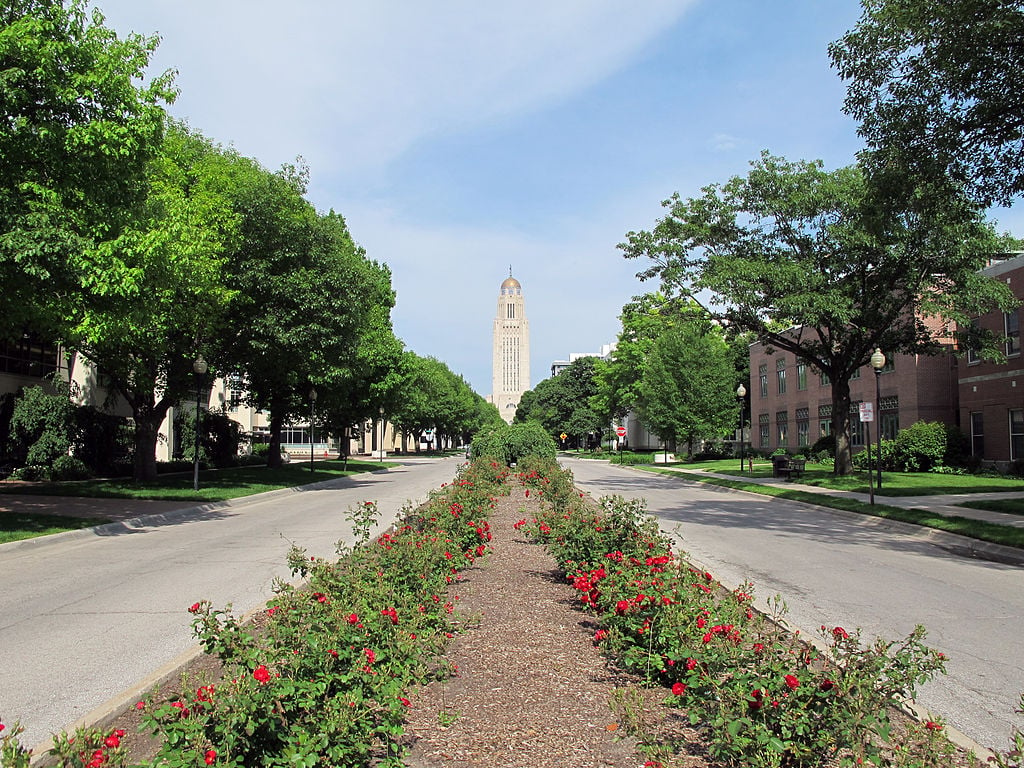The culture war arrived in my hometown a few weeks ago with the approval of a new fairness ordinance by the Lincoln City Council. The ordinance is designed to provide protections against harassment and discrimination for LGBT+ people in Lincoln. But how it goes about doing that is worth considering.
Login to read more
Sign in or create a free account to access Subscriber-only content.
Topics:
